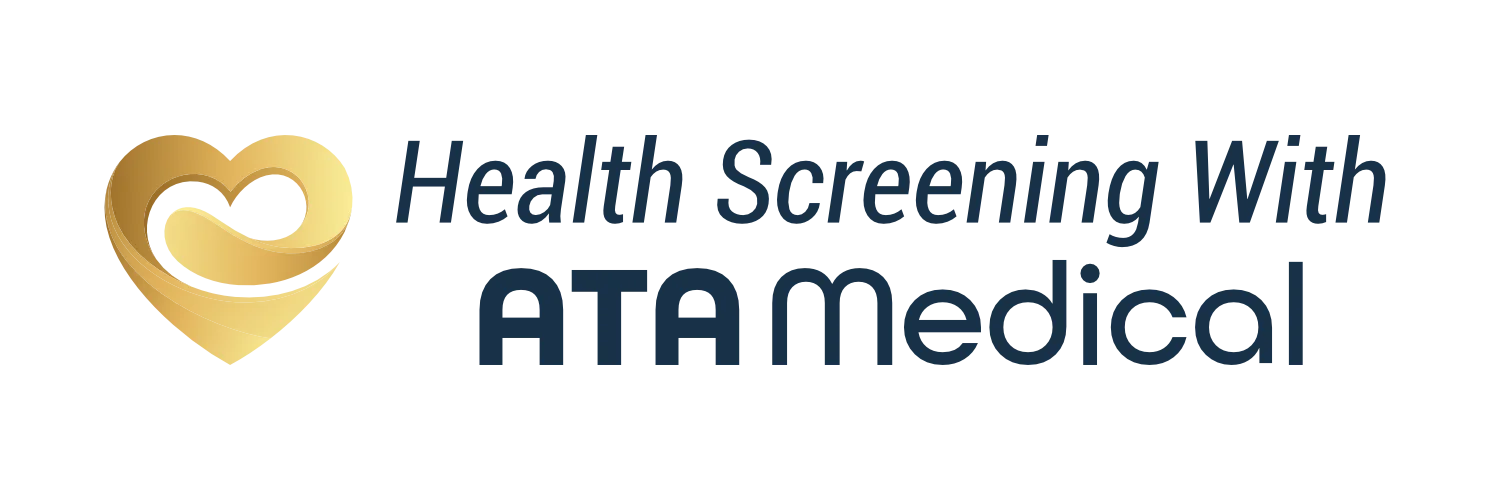CT Scan vs MRI Scan
3 Minutes ReadWhen it comes to medical imaging, CT scans and MRI scans are two of the most common and widely used diagnostic tools. These imaging techniques can help doctors diagnose and treat various conditions, providing valuable insight into various medical conditions. However, many people are confused about the differences between these two imaging methods, and when one might be more appropriate than the other. In this article, we will explore the key differences between CT scans and MRI scans, and discuss their respective advantages and disadvantages.
What is a CT Scan?
A CT (Computed Tomography) scan, also known as a CAT scan, is a diagnostic imaging procedure that uses a series of X-ray images taken from different angles to create detailed cross-sectional images of the body. These images are then processed by a computer to create a three-dimensional (3D) representation of the targeted area, allowing doctors to examine internal organs, bones, and blood vessels in great detail.
What is a MRI Scan?
Magnetic Resonance Imaging (MRI) is another type of medical imaging that uses a powerful magnetic field and radio waves to generate detailed images of the body's internal structures. Instead of using X-rays, MRI scans rely on the magnetic properties of hydrogen atoms in the body's tissues. The magnetic field and radio waves cause these atoms to emit signals, which are then processed by a computer to create high-resolution images of the targeted area.
Key Differences Between CT Scans and MRI Scans
- Imaging Technique: CT scans use X-rays, while MRI scans use magnetic fields and radio waves. This fundamental difference in imaging technology leads to differences in image quality, safety, and the types of conditions that can be diagnosed using each method.
- Image Quality and Detail: MRI scans generally produce more detailed images than CT scans, especially when it comes to soft tissues like muscles, ligaments, and organs. CT scans, on the other hand, are better suited for imaging bones and blood vessels.
- Exposure to Radiation: Since CT scans use X-rays, they expose patients to ionizing radiation, which can increase the risk of cancer over time, especially with repeated exposure. MRI scans do not use ionizing radiation and are considered safer in this regard.
- Speed: CT scans are generally faster than MRI scans, with a typical CT scan taking only a few minutes, while an MRI scan can take anywhere from 15 minutes to over an hour, depending on the area being imaged and the specific protocol used.
- Cost: CT scans are generally less expensive than MRI scans, making them more accessible for patients and healthcare providers.
- Claustrophobia and Noise: MRI scans can be uncomfortable for some patients due to the confined space and loud noises produced by the machine. CT scans are usually more tolerable in this regard.
When to Choose a CT Scan vs an MRI Scan
The choice between a CT scan and an MRI scan ultimately depends on the patient's
specific condition and the information needed for diagnosis or treatment. In
general, CT scans are more suitable for detecting bone injuries, tumors, blood
clots, and lung conditions like pneumonia. MRI scans, on the other hand, are better
suited for examining soft tissues, including the brain, spinal cord, and joints, as
well as detecting conditions like multiple sclerosis, strokes, and certain types of
cancer.
It is important to note that doctors will consider the benefits and risks of each
imaging technique, taking into account factors like radiation exposure, image
quality, and patient comfort, before deciding on the most appropriate method for
each individual case.
In conclusion, both CT scans and MRI scans are essential diagnostic tools in modern
medicine, with each offering unique advantages and disadvantages. If you are unsure,
do
feel free to talk to a doctor to understand which is more helpful for your
condition.

